2020 Proposition Guide for Voters
October 28, 2020
After researching and discussing each proposition on the 2020 ballot, Mr. Kelman’s Honors Government class voted to support or oppose the ballot measures. The class recognizes the challenge of understanding these propositions and recommends that you conduct your own research before you vote.
Proposition 14 – Stem Cell Research – Leaning Yes
Proposition 15 – Taxes on Commercial Property – Yes
Proposition 16 – Allow Public Agencies to Consider Diversity – Leaning No
Proposition 17 – Grant Parolees Voting Rights – Yes
Proposition 18 – Voting Rights for 17-Year-Olds – Yes
Proposition 19 – Change in Property Tax Rule – Leaning Yes
Proposition 20 – Change Sentencing and Parole Laws – No
Proposition 21 – Rent Control – No
Proposition 22 – Gig Worker Benefits – Yes
Proposition 23 – Kidney Dialysis Clinic Regulations – Leaning No
Proposition 24 – Change in Consumer Privacy Laws – Yes
Proposition 25 – Abolishing Cash Bail – Leaning Yes
The class researched the propositions using the following sites:
Proposition 14 – Stem Cell Research
Summary: Stem cells are human cells that are used to find treatments for different kinds of diseases. In 2004, voters approved $3 billion in bonds to fund stem cell research. This Proposition would allow the sale of $5.5 billion in new bonds to fund additional research.
PRO
– Stem cell research has led to new medical treatments and research should be continued and will add to the already 2,900 medical discoveries
– Halting funding will delay vital research, studies, and trials for years
– Additional money will help fight diseases including cancer, diabetes, heart disease, and Parkinson’s
– Will increase patient access and affordability
CON
– Cost to repay this loan would be around $7.8 billion (approximately $260 million each yr for the next 30
– Money should be spent to help the current financial and health situation
– Why does California need to do this if the federal govt and other private groups are conducting this research, too?
– In 2004, federal funding for stem cell research was blocked. It is no longer blocked.
Proposition 15 – Taxes on Commercial Property
Summary: Proposition 15 would raise property taxes on large commercial business buildings based on current value (instead of at time of purchase). Would impact businesses that own more than $3 million in commercial property. Business equipment tax would be reduced. Money raised would go to local governments for schools, libraries, etc.
PROS
– Small businesses whose owners entire commercial real estate holdings can’t exceed $3 million would be exempt from this property tax increase, as well as residential areas and agricultural land.
– Commercial properties would be taxed on its current market value instead of the purchase price.
– Will provide schools and local governments with $6.5 billion to $11.5 billion in new funding, since 60% of the taxes paid by these property owners would be going to local governments and 40% would be going to schools.
CONS
– Proposition 13 will be partially repealed by this, and it was a historic property tax cut from 1978, and the businesses will be stripped of their Prop 13 rights.
– Also we are unaware of where the money from the property taxes will be going in terms of the schools and local governments Proposition 15 says the money will be going to (teachers? building itself?).
– The owners of these commercial buildings will be paying taxes on the property and not the income, which I feel is more important if we want commercial businesses to be doing more.
Proposition 16 – Allow Public Agencies to Consider Diversity
Summary: Proposition 16 hopes to restore affirmative action in California. This means that universities and government offices would have the ability to consider or factor in someone’s race, gender or ethnicity before hiring. This has been illegal since 1996 when Proposition 209 was approved.
PRO
– This would increase diversity and help certain groups
– It will give all students equal opportunities to be accepted into school.
– One of the hopes of this proposition is to stop or hinder racism and discrimination.
– Raise wage, creating new jobs, and new school for people no matter race, gender or ethnicity.
CON
– Possibility of increasing discrimination.
– Possibility of causing a national divide between races, genders, and ethnicities.
– We should not favor one race/ethnic group over another
Proposition 17 – Grant Parolees Voting Rights
Summary: Proposition 17 would give parolees the right to vote or run for office after they have served their time for their crime. Right now, convicts and ex-convicts on parole have had their right to vote rescinded.
PRO
– The ability to vote will encourage ex-cons to reintegrate into society
– The ex-cons left prison because they were deemed “rehabilitated” so they should be treated as such
– Voting is not a privilege that is earned and taken away, it is a right
– Those on parole pay taxes, therefore they should be allowed to vote.
CON
– Dilute the votes/desires of model citizens
– Many ex-convicts cannot be trusted to make judicious decisions
– They must finish their sentence, which includes parole, before being allowed to vote
– They broke the law(s) of the United States, why should they be allowed to participate in its politics? If they want to have US rights, they should obey the US law.
– More voters would require more money to pay for balloting, record keeping, and counting ballots
Proposition 18 – Voting Rights for 17-Year-Olds
Summary: Proposition 18 would allow 17-year-olds who will be 18 at the time of the next general election to vote in primary or special elections as well.
PRO
– Will boost youth voting interest and participation overall.
– Many already have jobs, pay taxes and can join the military, so voting makes sense.
– If someone is going to participate in the general elections, they should be able to influence who will be running in the general elections
– 18 states already allow 17-year-olds to vote in primary or special elections.
CON
– Increased one time costs to the state in the hundreds of thousands of dollars to update existing voter registration systems and between $200,000 and $1 million for the country every 2 years
– 17-year-olds are still kids, they still need parent permission for certain activities and can’t sign legal contracts.
– The majority of 17-year-olds still live at home and are in high school therefore, can be influenced by teachers and parents
Proposition 19 – Change in Property Tax Rule
Summary: Proposition 19 allows homeowners over the age of 55, disabled, or victims of either a wildfire or other disaster to transfer primary residence tax base to their new home. In other words, it allows these people a big tax break when buying new homes. There would be a tax break for those who inherit a home if they live in it. Taxes would go up on inherited homes worth more than $1 million.
PRO
– Closing the inheritance tax break and will give the budgets of local governments and state firefighting efforts a boost
– Limits taxes on people aged 55 or higher or with severe disabilities when trying to move to a new home.
– Proposition 19 closes loopholes used by wealthy out of state investors
– People should not have to pay higher property taxes if they lose their home in a disaster.
CON
– People who inherit houses should be able to make their own decision of what to do with it without facing a major tax burden
– A billion dollar tax increase on families
– It would only benefit those who were lucky enough to buy homes years ago, and hold onto them as the prices skyrocketed
– Longtime property owners including very wealthy ones will have years of low taxes and not pay their fair share
– This is a tax increase that was rejected by voters in 2018
Proposition 20 – Change Sentencing and Parole Laws
Summary: Proposition 20 would regroup a lot of property crimes as “wobblers” which means they could be charged as misdemeanors (which they are currently) or as felonies. It would also make it harder for some felons to be eligible for early parole and to be released from prison or jail. Not only would it be harder to get early parole but it would also increase penalties for people who broke the terms of their supervised release. Prop. 20 would require DNA samples from certain misdemeanors (which didn’t happen before).
PRO
– It won’t allow convicted child molesters, sexual predators and others convicted of violent crimes to be released from prison early (child abuse, domestic violence, hate crimes and aggravated assault are not on the list of “violent crimes” so they would be able to get early parole)
– It will help solve rape cases, murder and other serious crimes by collecting DNA samples from inmates with certain misdemeanors
– It will also increase harsher sentencing for people with repeated offenses
CON
– Would cost taxpayers millions of dollars yearly
– Would make cuts to mental health and rehabilitation programs that would help people for their releases and reduce repeated offences
– This would also hurt a lot of teens, Black, Latinos, and low income families due to the fact that they could be charged with felonies for low/ non-violent crimes.
– Money would go to prisons instead of education, healthcare, or affordable housing
Proposition 21 – Rent Control
Summary: Proposition 21 would allow cities/counties to pass rent control laws for housing that is more than 15 years old. Local governments can regulate the amount landlords can increase rent or up to 15% over three years for new renters. This would only apply to landlords who own more than two housing units. Laws would still allow landlords to make some profit.
PRO
– Will allow local governments to protect citizens with rent control laws
– People will be able to save their income after paying rent for a substantial amount of time. This will allow renters to spend their money on essentials or on business endeavors.
– This will prevent inflation, due to the fact that landlords will no longer be able to raise rent as they want
CON
– Homeowners will lose money because they will be limited in how much they can raise rents
-Houses are very expensive in Los Angeles, and many use real estate as a way of gaining income. This will limit that profit
– Less profit would prevent people from building more housing
– Government will make less money off taxes
– Voters already voted this down in 2018
Proposition 22 – Gig Worker Benefits
Summary: Proposition 22 would classify app-based drivers (Uber, Lyft, DoorDash, etc.) as independent contractors and not employees. It would exempt these companies from the Assembly Bill 5 gig worker law that classifies gig workers as employees. Prop. 22’s Vote Yes campaign has received over $180 million from these rideshare companies.
PRO
– Allows for greater flexibility according to rideshare companies, drivers get to become in charge of their work.
– Would enact policies specific to app-based drivers, including: limit drivers from working more than 12 hours a day, provide some healthcare, some insurance, wage based on 120% of minimum wage + 30 cents per mile driven, etc.
– Would require these companies to create anti-discrimination/anti-sexual harassment policies, background checks for drivers, etc.
CON
– These companies are worth billions of dollars and this proposition would allow them to write their own exemptions to California law and social safety nets and profit from it.
– Drivers would not receive employee benefits (paid sick leave, unemployment benefits, social security, etc.) as independent contractors and would receive less pay since these drivers would not be considered employees.
– Rideshare companies have threatened to suspend their services if the proposition does not pass.
Proposition 23 – Kidney Dialysis Clinic Regulations
Summary: Kidney Dialysis is the process of removing excess water and toxins from the blood in people’s kidneys that cannot perform this function naturally. The proposition says that there be one physician on site during the hours where there are operations. It also mandates that all infection data must be reported along with prohibiting discrimination against patients based on their insurance.
PRO
– Improves staffing, which includes requiring a doctor in the facility during treatments
– Applies improvements to all clinics, not just certain ones
– Prohibits discrimination, provide the same level of care for all patients regardless of what type of insurance they have
CON
– Forces many community dialysis centers to close down which would threaten the lives of 80,000 California patients who need dialysis to survive
– Increases healthcare costs of millions annually
– Makes doctor shortage and ER overcrowding even worse
Proposition 24 – Change in Consumer Privacy Laws
Summary: These consumer privacy laws are aimed to protecting the consumers’ information from businesses. This amendment is intended to limit the use of sensitive personal information such as your race, ethnicity, exact location, and health information. It will limit the amount of time they have access to such data and will need consent from the consumer to share their information. Additionally, a new state agency will be created to monitor these businesses and investigate if necessary.
PRO
– Strongest California consumer privacy law
– People’s information would be more private to companies
– Protection of children online
– Easier to hold companies accountable when violating these laws
– Creation of a whole new agency dedicated to protecting these rights
CON
– California’s current data privacy laws are new and we should see how those play out first
– Could very much hurt the consumer if they do not contact the company regarding sharing of information
– Find out the information companies have about you much later
– Business could charge you more if you don’t let them sell your data
– Could take the information once you leave CA
Proposition 25 – Abolishing Cash Bail
Summary: If a person is charged with a crime, they may have to remain in jail waiting for their trial if they cannot pay their bail. Prop 25 would get rid of this bail system. People charged with less serious crimes would be released without bail. In addition, judges can decide if someone charged with a more serious crime should be released or kept in jail.
PRO
– Not reliant on bail money for the accused; instead, the accused have to undergo a public safety risk assessment to determine if they are a danger to others and the likelihood of them reappearing in court.
– Nullifies class inequities
– The accused have more money that they could potentially put back into the economy.
– Decisions will be based on public safety and not on a person’s ability to pay
CON
– Potentially more costly
– May lead to more crime if the accused is released
– Reliance on a computer algorithm for determining release is unreliable
– May lead to racial discrimination

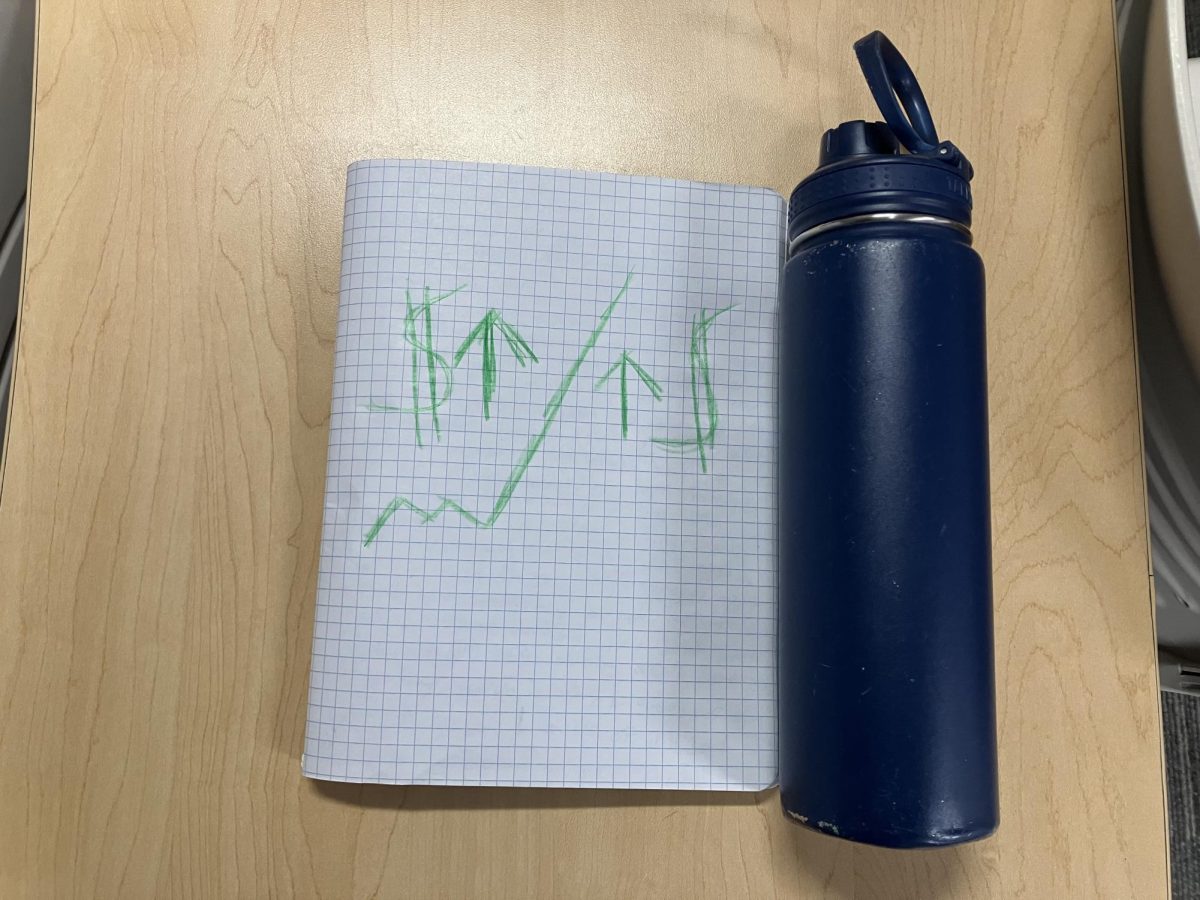
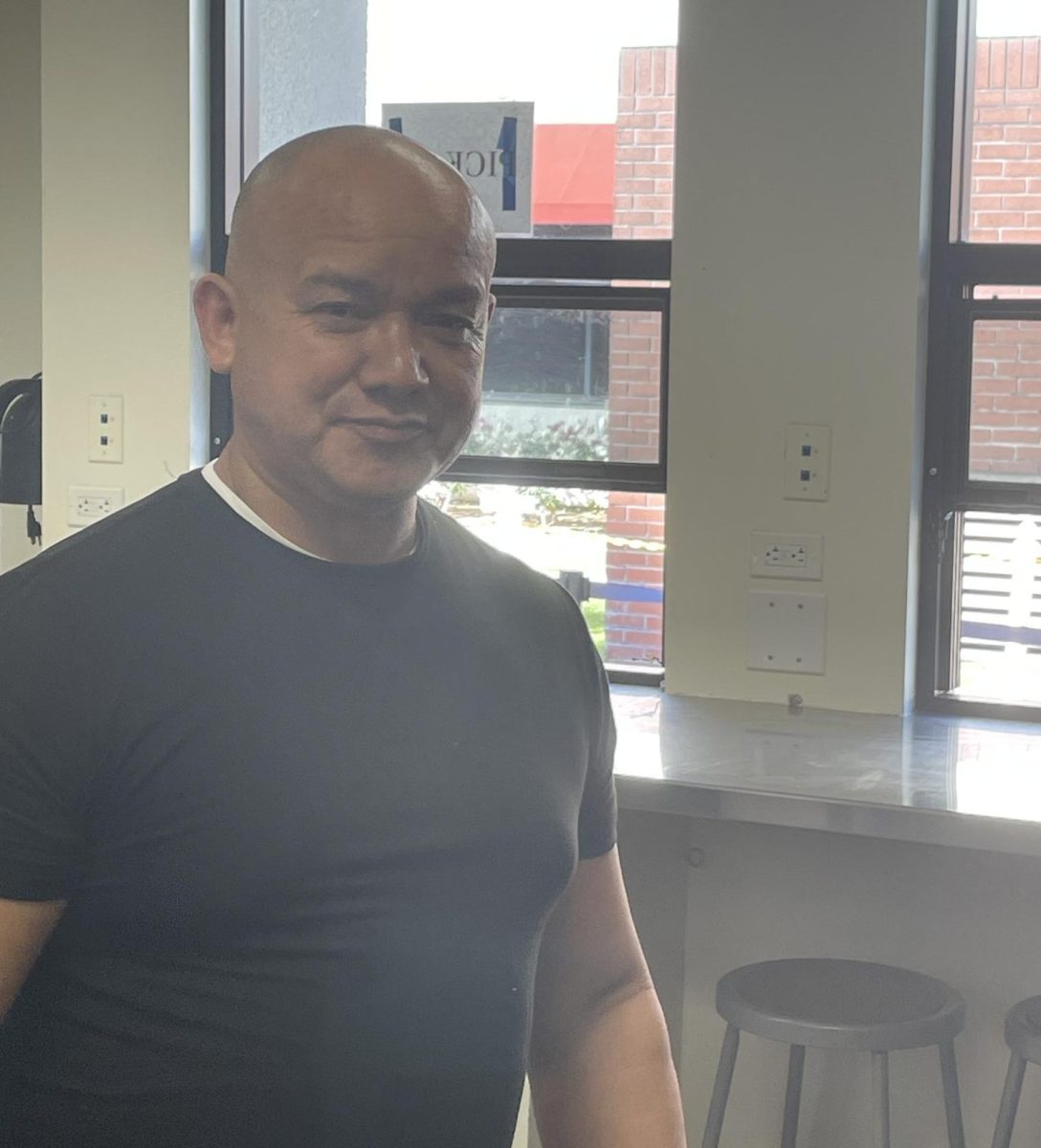

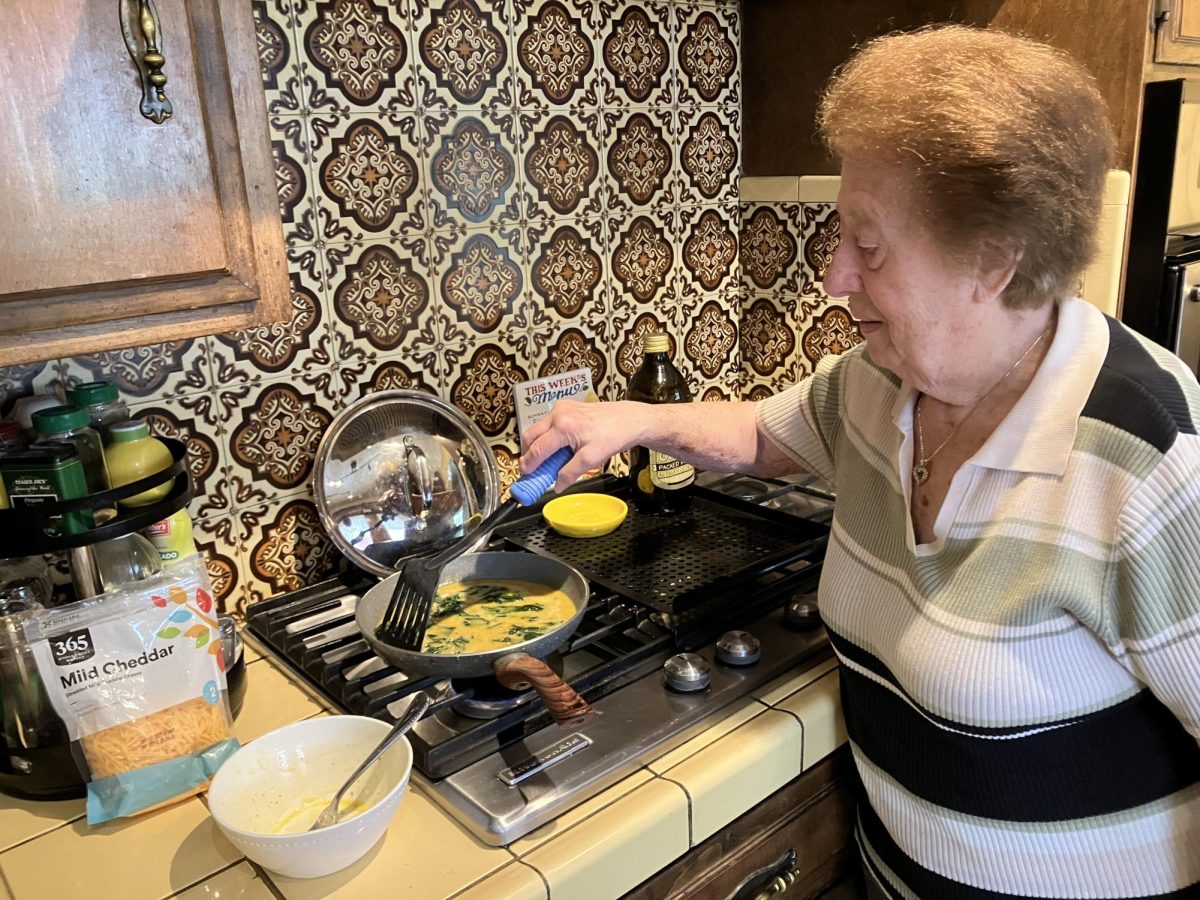
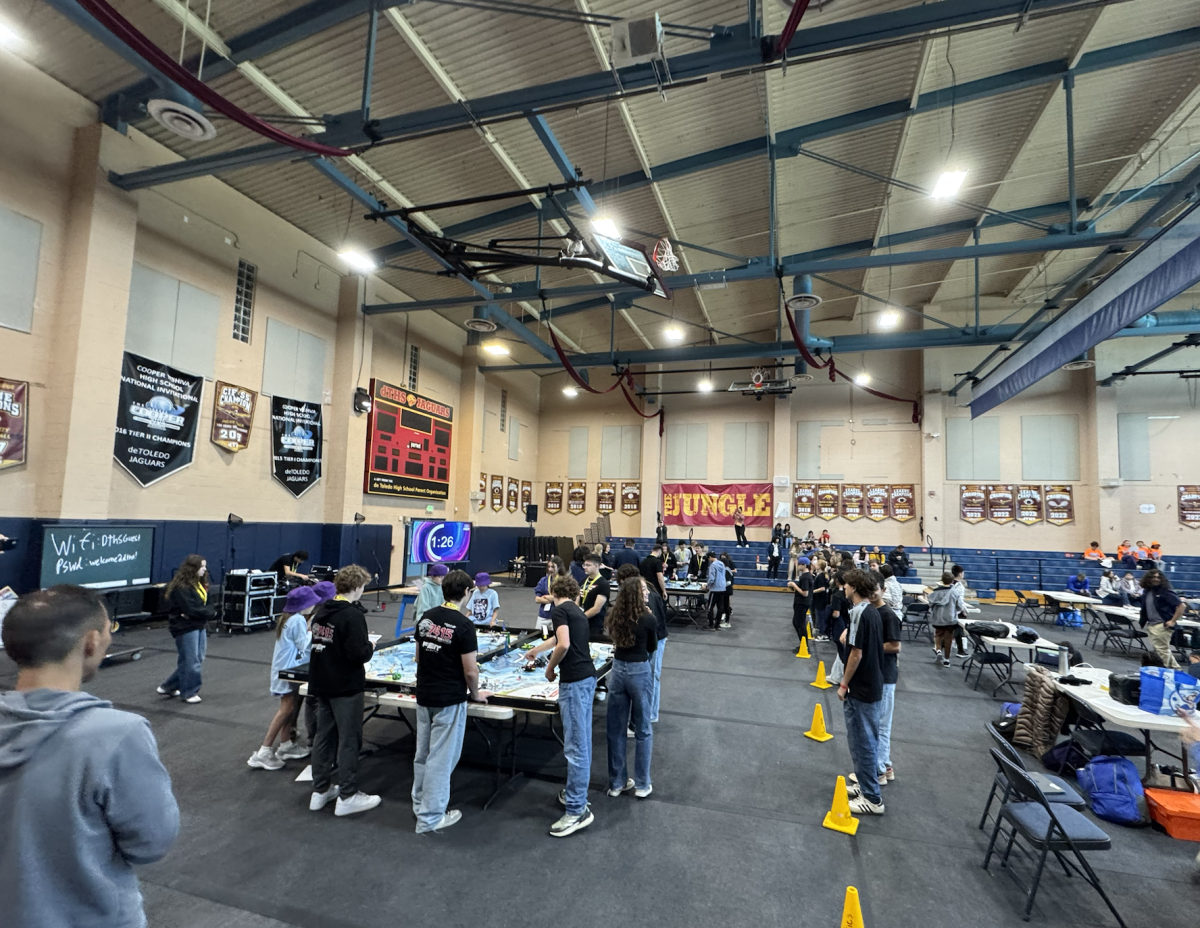
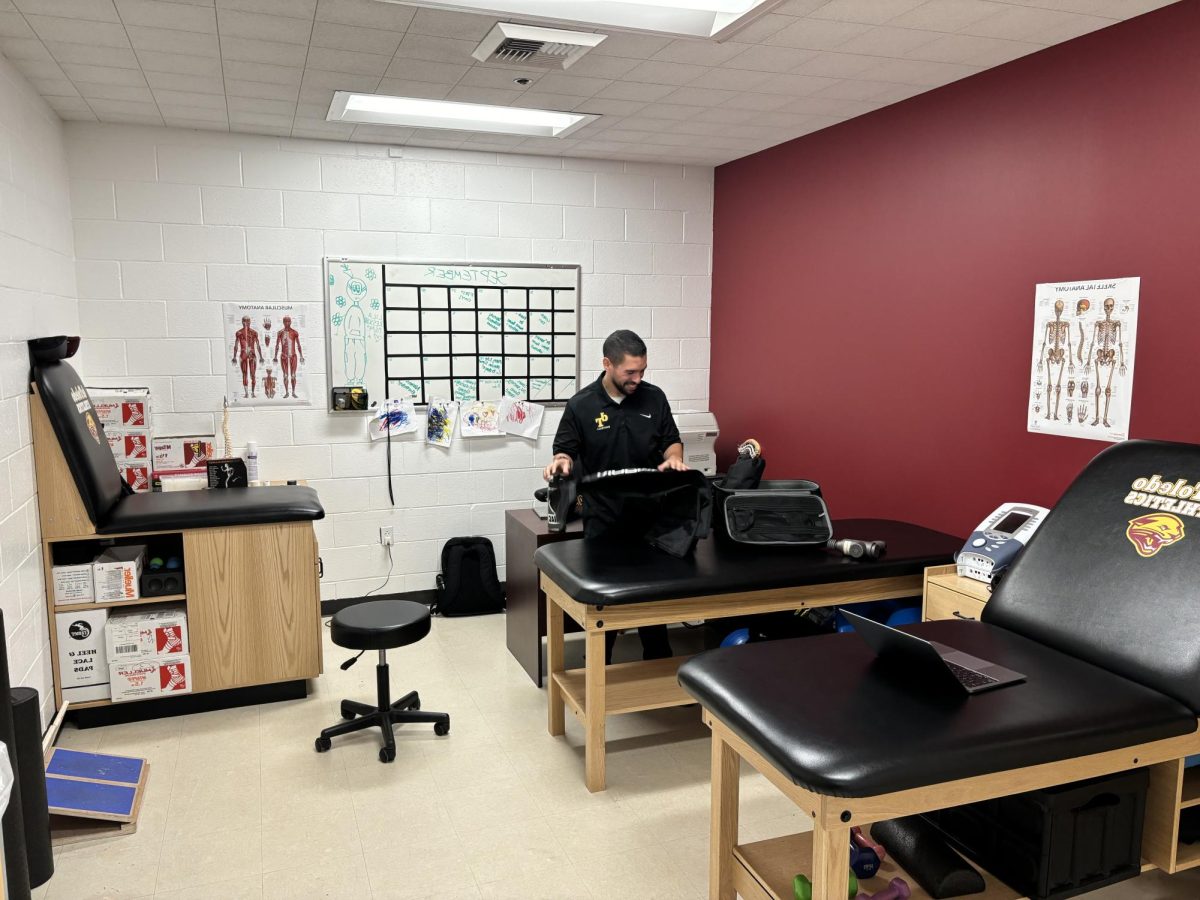




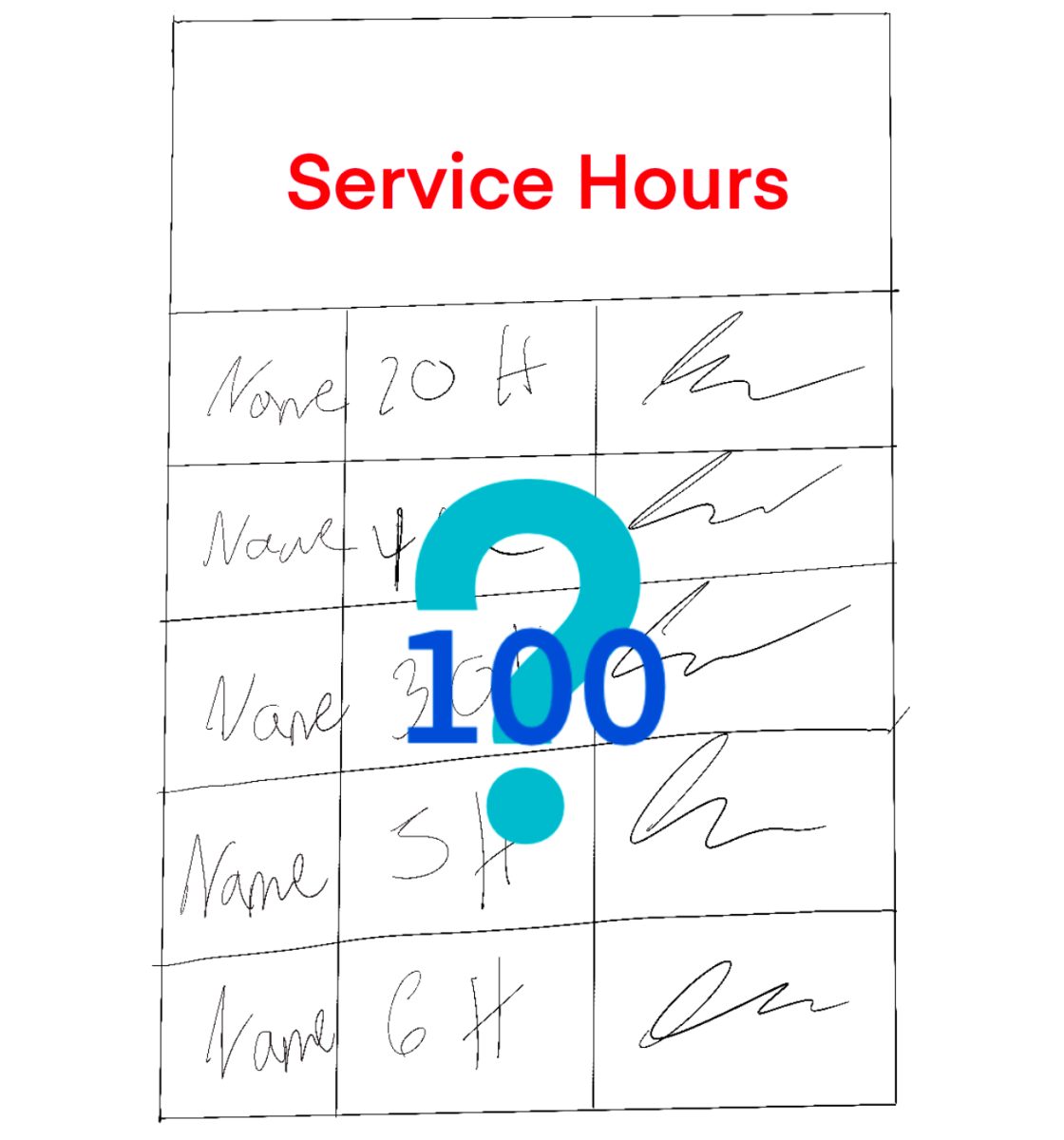


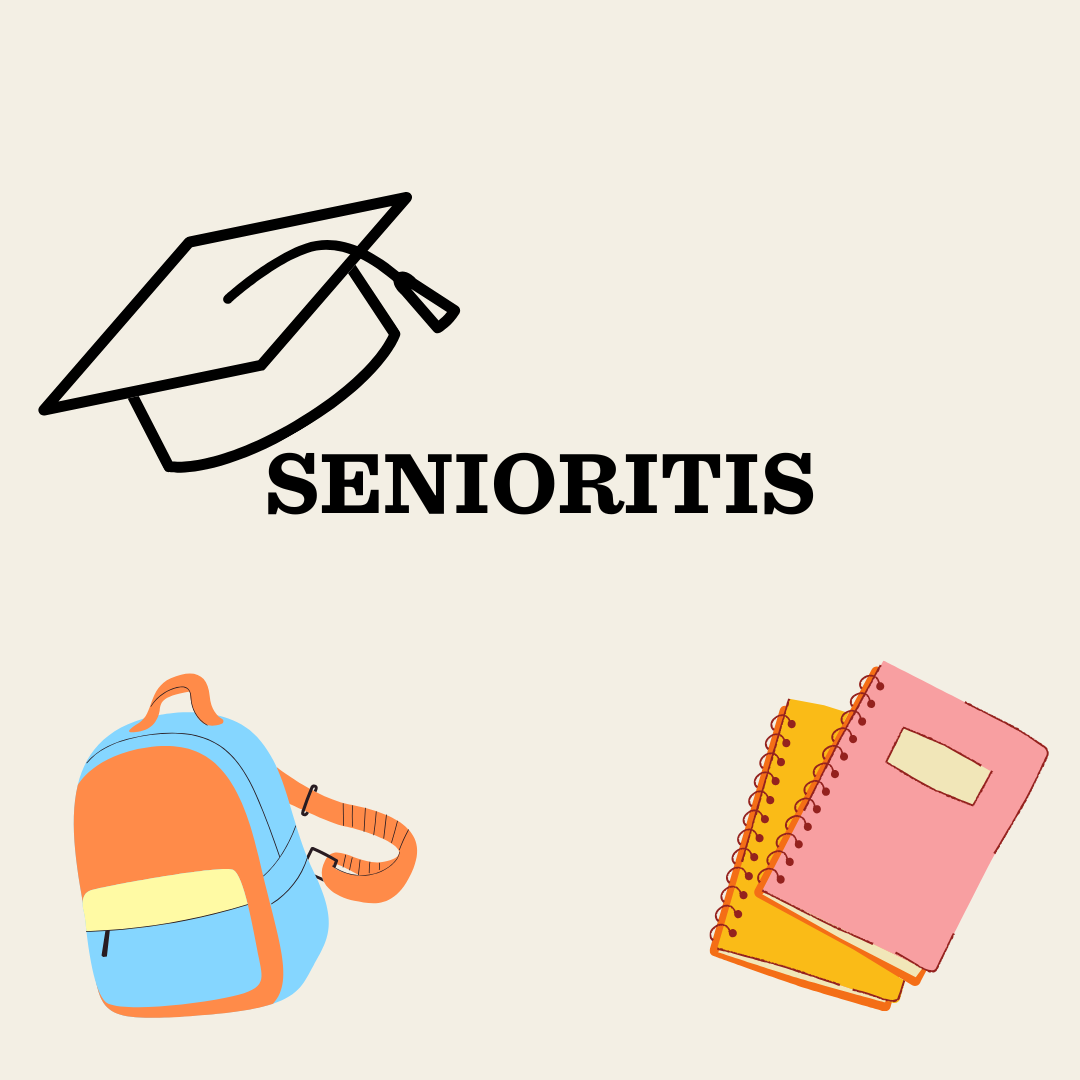







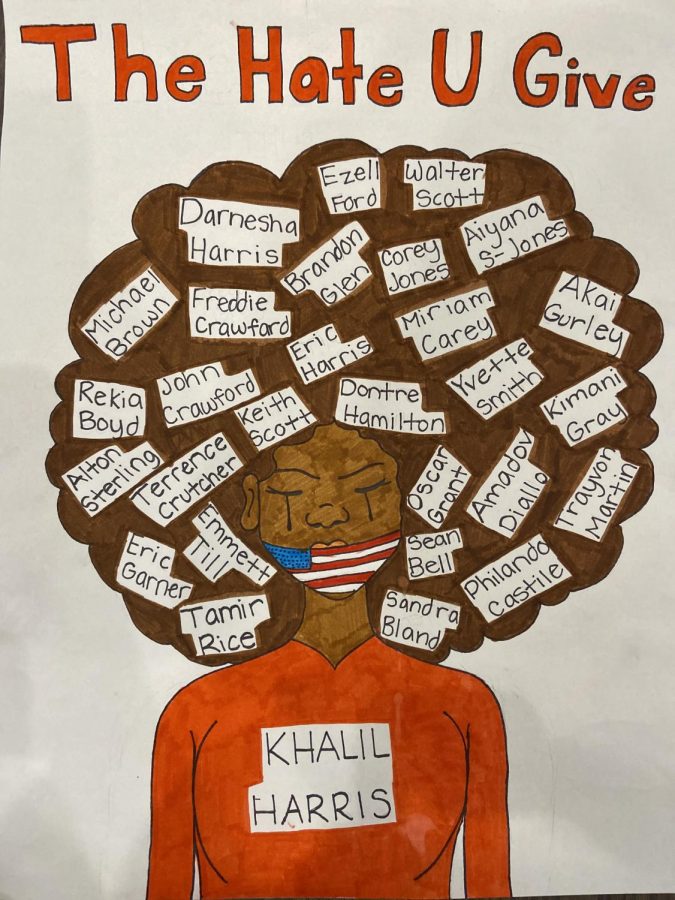


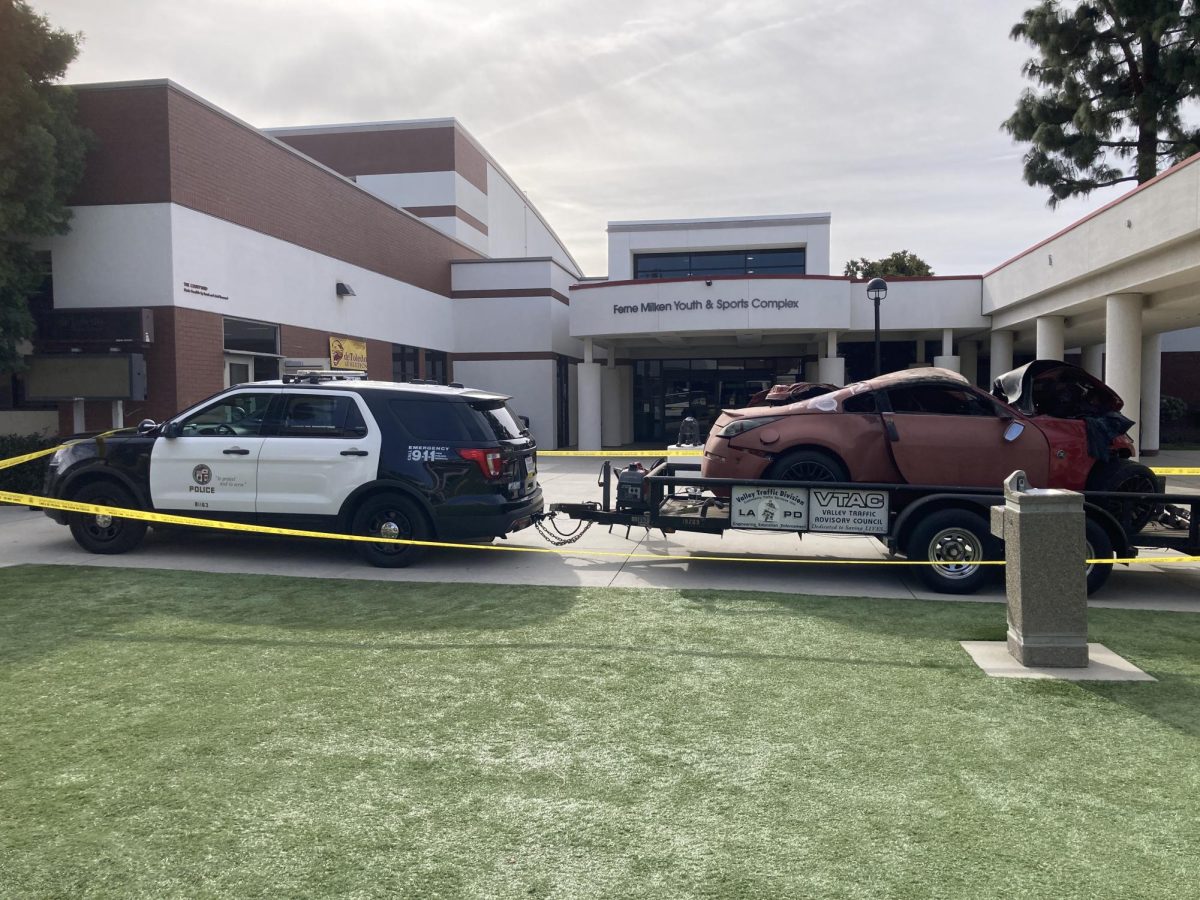

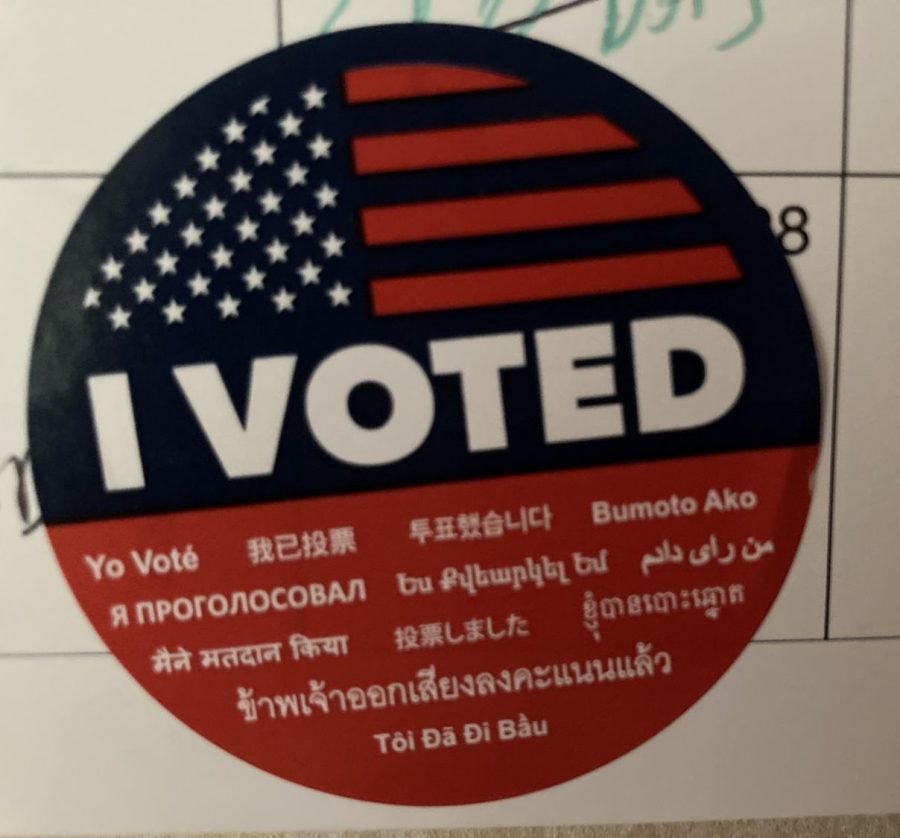
Orit Shwartz • Oct 29, 2020 at 4:56 pm
Thank you so much!! It is very helpful. It’s clear and saved me so much time.